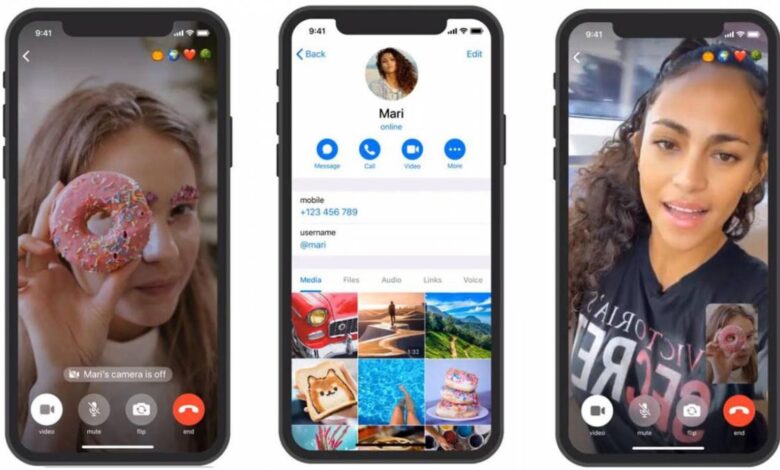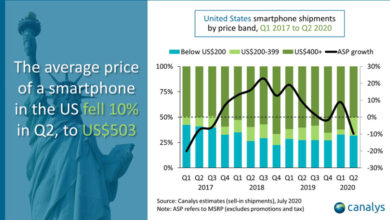
Telegram, the protected messaging application, is launching an alpha edition of encrypted one particular-on-one particular online video phone calls on the two its Android and iOS applications — positioning it as a competitor to the likes of FaceTime and WhatsApp. And with group video calls rolling out later this yr, Telegram could develop into a single of the greatest Zoom solutions.
In a blog site article, Telegram acknowledged the huge surge in movie contacting as the coronavirus pandemic has remodeled the two the operate and social lives of hundreds of thousands of men and women. “2020 highlighted the will need for face-to-face conversation,” the corporation claimed.
The movie contacting function is even now an alpha variation, so Telegram will proceed to perform on increasing it right until it is completely ready. For now, consumers can pick out a contact’s profile site and commence a video clip connect with from there. Online video can be switched on and off at any time all through the connect with. The photo-in-photograph feature permits people to multitask whilst on the simply call.
And true to its popularity for safe messaging, Telegram suggests the video phone calls will have the end-to-conclusion encryption as its Key Chats. Video clip callers can compare the four emoji shown on-monitor with their chat associate to guarantee that the get in touch with is 100% secure.
“Our apps for Android and iOS have reproducible builds, so anybody can validate encryption and confirm that their app uses the correct same open resource code that we publish with each update,” Telegram spelled out.
Telegram also observed that it options to roll out team movie phone calls some point afterwards this 12 months, which would put it in a pretty competitive space with Zoom, Microsoft Groups, Skype and some others. The need for secure group video clip phone calls is probably to continue to be really substantial for the rest of the calendar year and into 2021.
Telegram has been growing in acceptance because it debuted 7 yrs in the past. The enterprise claims it now reaches more than 400 million people.







